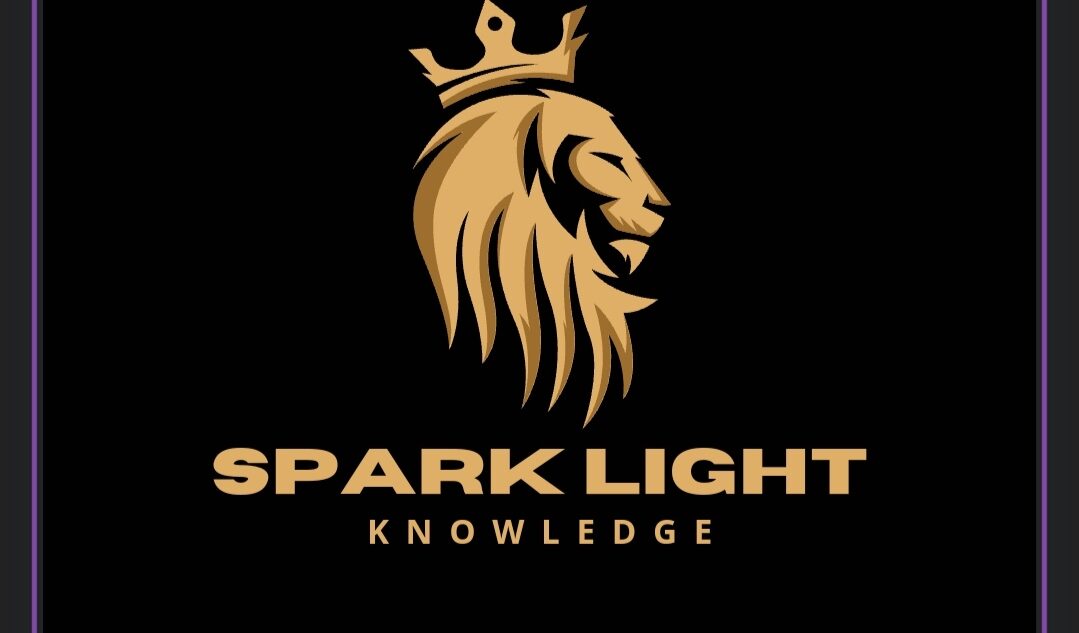Amazon Elastic Compute Cloud (EC2):
Amazon EC2 is an Infrastructure as a Service – IaaS provided by Amazon.com.
Amazon Elastic Compute Cloud (EC2) provides computing capacity in the form of Virtual Machines which are referred to as “instances”.
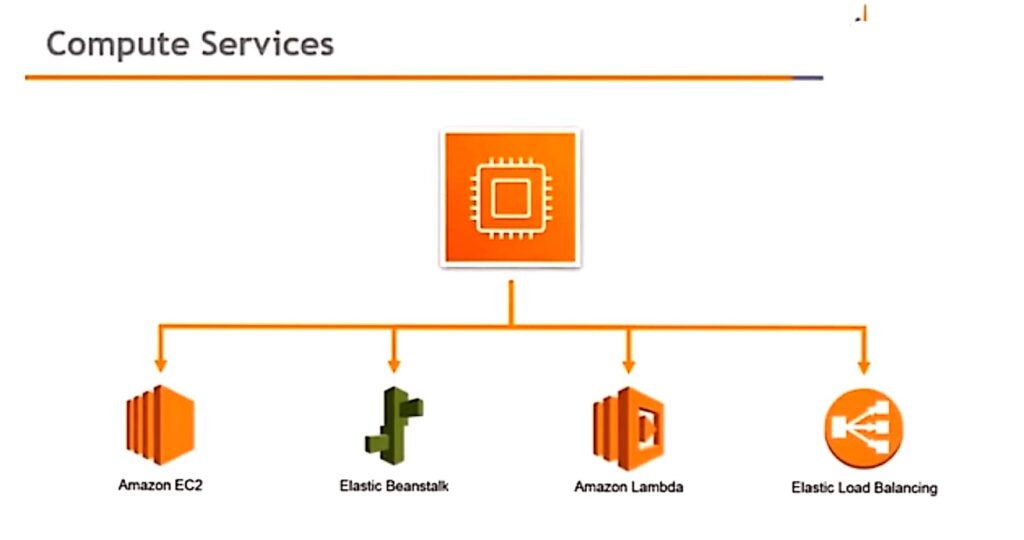
Amazon Elastic Compute Cloud (EC2):
Key Features of Amazon EC2
Elasticity and Scalability:Easily scale up or down based on demand.
Instance Types:EC2 offers a wide variety of instance types optimized for different workloads .
Pay-as-You-Go Pricing:Pay only for the compute resources you use.Options include On-Demand, Reserved Instances, and Spot Instances to optimize costs.
High Availability:EC2 instances can be deployed across multiple regions and availability zones for redundancy and fault tolerance.
Security:Integrated with AWS Identity and Access Management (IAM) for role-based access.
Storage Options:Instances can use Amazon Elastic Block Store (EBS) for persistent storage.
Temporary instance storage is also available for high-speed data access during the life of the instance.
“Instance” is a virtual server in Amazon’s cloud environment that can be used to run applications.
Amazon EC2 allows users to launch instances on-demand using simple user-interface. Users can easily stretch the number of instances to meet the dynamic application performance requirements.
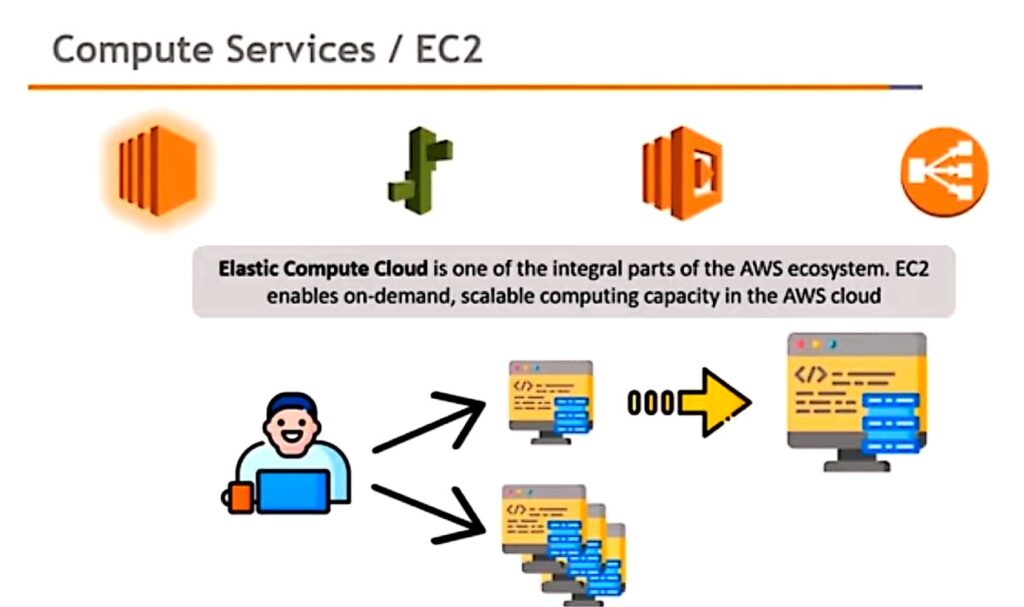
A blueprint of instances in Amazon EC2 is “Amazon Machine Image” (AMI) that includes O.S, software packages, configuration settings etc.
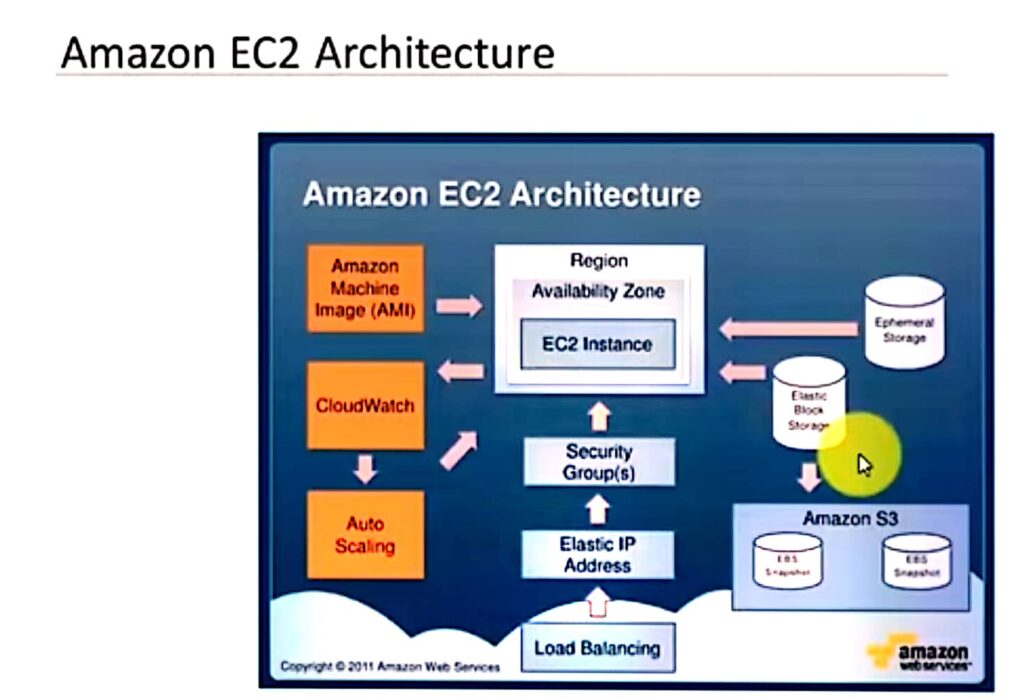
Amazon provides pre-configured AMI’s which are templates of cloud instances.
Users can also configure the AMI’s based on their requirements with custom applications, libraries and data.
Amazon EC2 provides instances of various computing capacities ranging from small instance to extra-large instance.
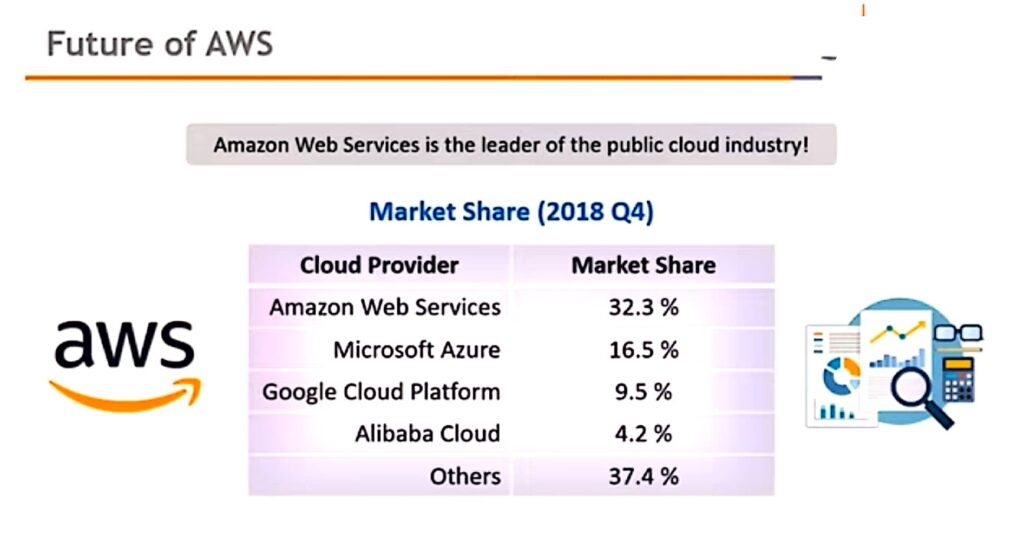
Amazon EC2 provides instances with high memory, high CPU resources, cluster compute instances, cluster Graphical Processing Unit (GPU) instances and high Input/Output instances.
The pricing model is “Pay-Per-Use”.
These Instances can be used either on-demand or in a reserved basis.
Users can be billed according to the number of instance hours used for on-demand instances.
Users are allowed for one-time payment for reserved instances.
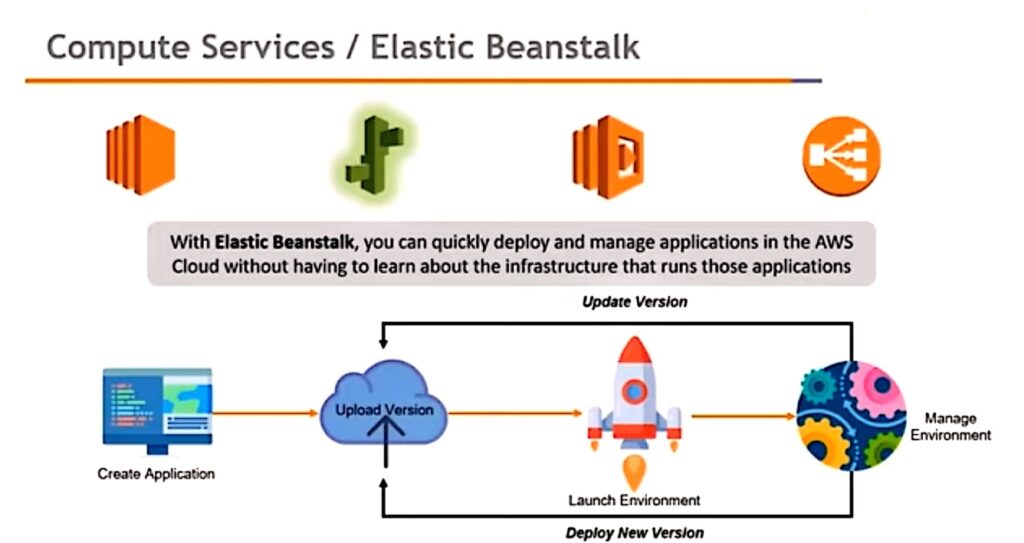
In addition to on-demand and reserved instances EC2 also provides spot instances that allow users to bid on unused Amazon EC2 capacity and run the instances as long as their bid exceeds the current spot price.
Amazon EC2 provides features for building scalable and reliable applications such as auto scaling and elastic load balancing.
Google Compute Engine (GCE):
GCE comes under IaaS offered from Google.
It also offers virtual machines of various computing capabilities ranging from small instances to high memory machine types.
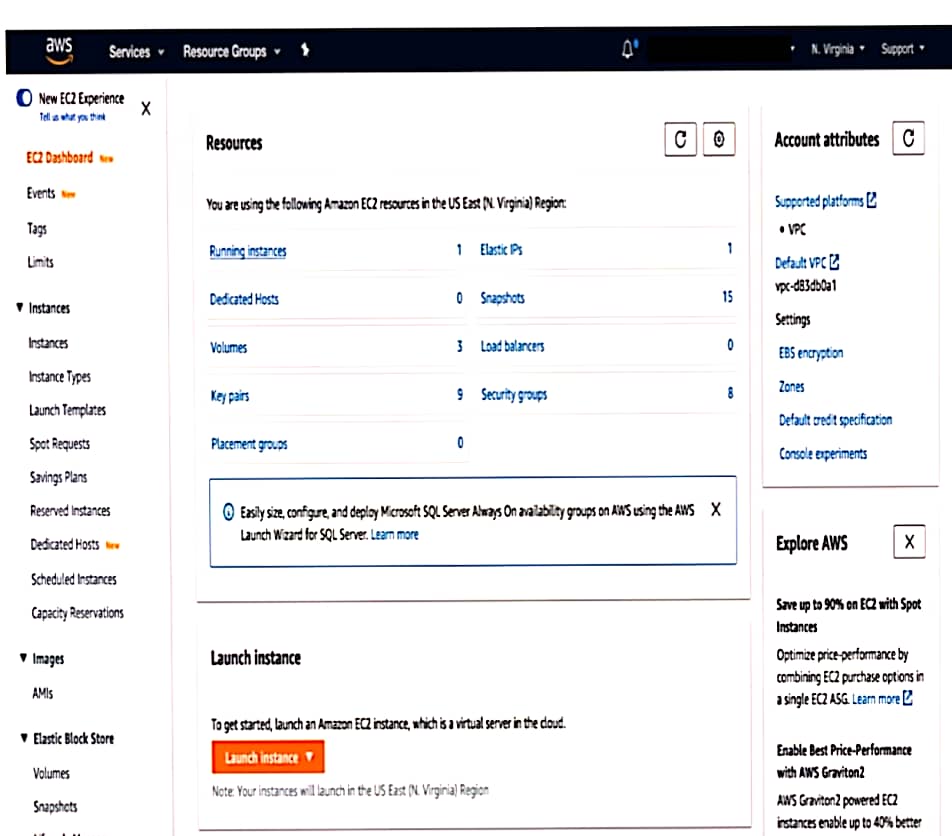
Microsoft Azure Virtual Machines:
Windows Azure Virtual Machines is an IaaS offering from Microsoft.
It offers virtual machines of various computing capabilities ranging from small instances to memory intensive machine types.
INFRASTRUCTURE AS A SERVICE PROVIDERS
Public Infrastructure as a Service providers commonly offer virtual servers containing one or more CPUs, running several choices of operating systems and a customized software stack.
In addition, storage space and communication facilities are often provided.
Features IAAS offers a set of specialized features that can influence the cost benefit ratio to be experienced by user applications when moved to the cloud.
The most relevant features are:
1. Geographic distribution of data centers.
2. Variety of user interfaces and APIs to access the system.
3. Specialized components and services that aid Particular applications (e.g., load- balancers, firewalls).
4. Choice of virtualization platform and operating systems and
5. Different billing methods and period (e.g., prepaid vs. postpaid, hourly vs. monthly).
Case Studies
Joyent:
Joyent’s Public Cloud offers servers based on Solaris containers virtualization technology.
These servers, dubbed accelerators, allow deploying various specialized software- stack based on a customized version of Open- Solaris operating system.
which include by default a Web-based configuration tool and several pre-installed software, such as Apache, MySQL, PHP, Ruby on Rails, and Java.
Amazon Web Services
Amazon WS4 (AWS) is one of the major players in the cloud computing market.
It pioneered the introduction of IaaS clouds in 2006.
It offers a variety cloud services, most notably:
S3 (storage), EC2 (virtual servers), Cloudfront (content delivery), Cloudfront Streaming (video streaming), Simple DB (structured datastore), RDS (Relational Database), SQS (reliable messaging), and Elastic MapReduce (data processing). The Elastic compute Cloud (EC2) offers Xen-based virtual servers (instances)
Flexiscale
Flexiscale is a UK-based provider offering services similar in nature to Amazon Web Services.
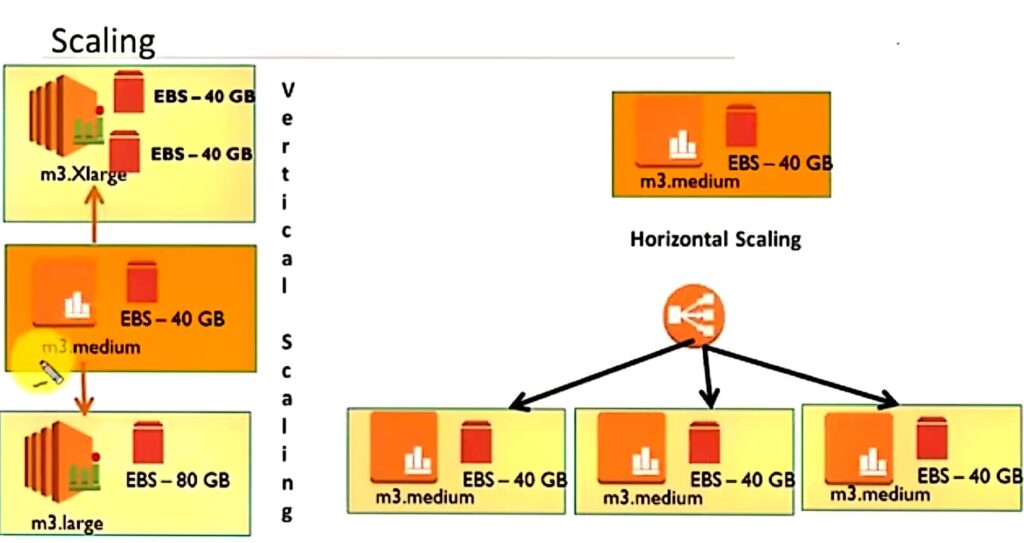
Flexiscale cloud provides the following features: available in UK; Web services (SOAP), Web-based user interfaces; access to virtual server mainly via SSH (Linux) and Remote Desktop (Windows); 100% availability SLA
GoGrid : GoGrid, like many other IaaS providers, allows its customers to utilize a range of pre- made Windows and Linux images, in a range of fixed instance sizes.
Rack space Cloud Servers
Rack space Cloud Servers is an IaaS solution that provides fixed size instances in the cloud.
